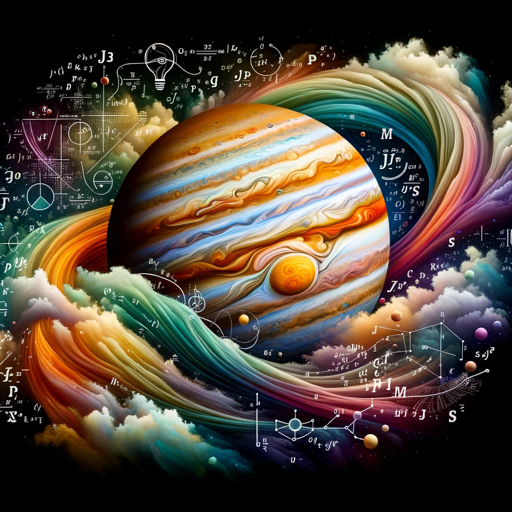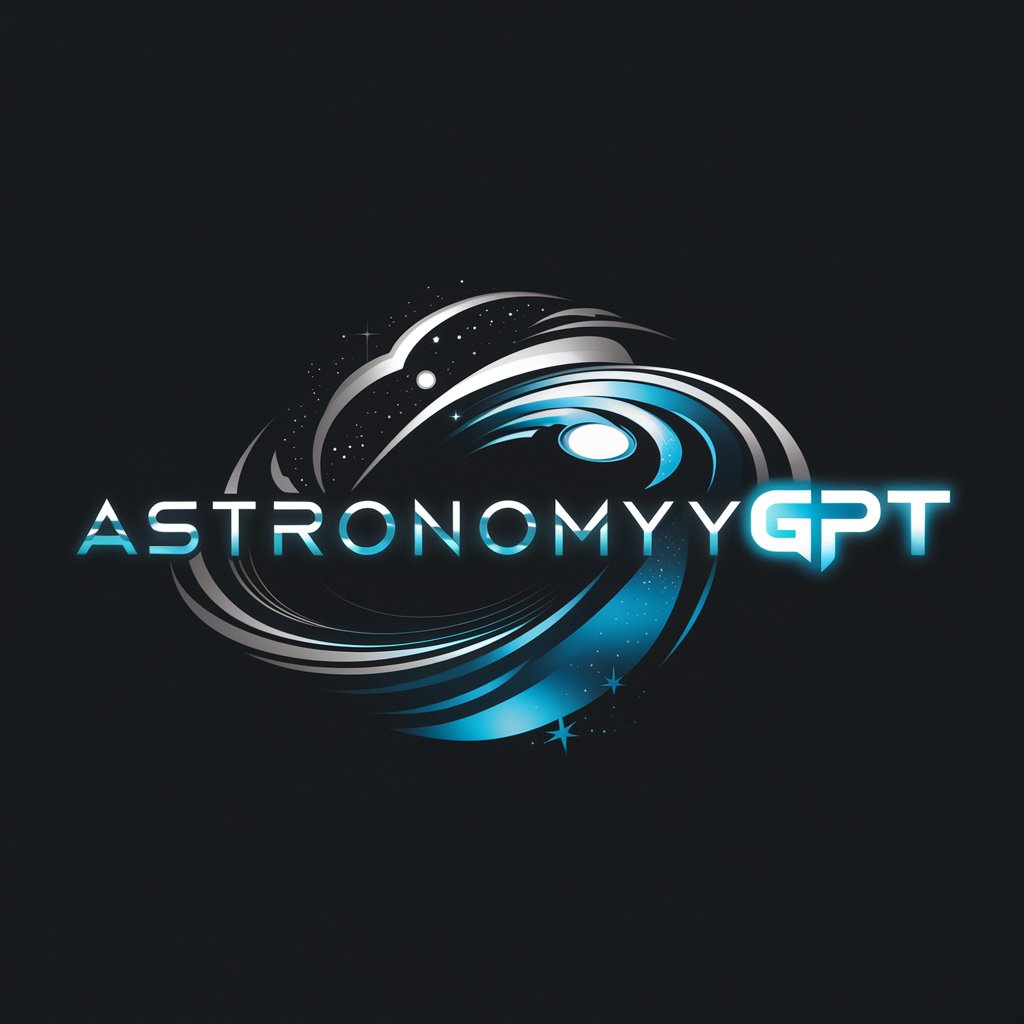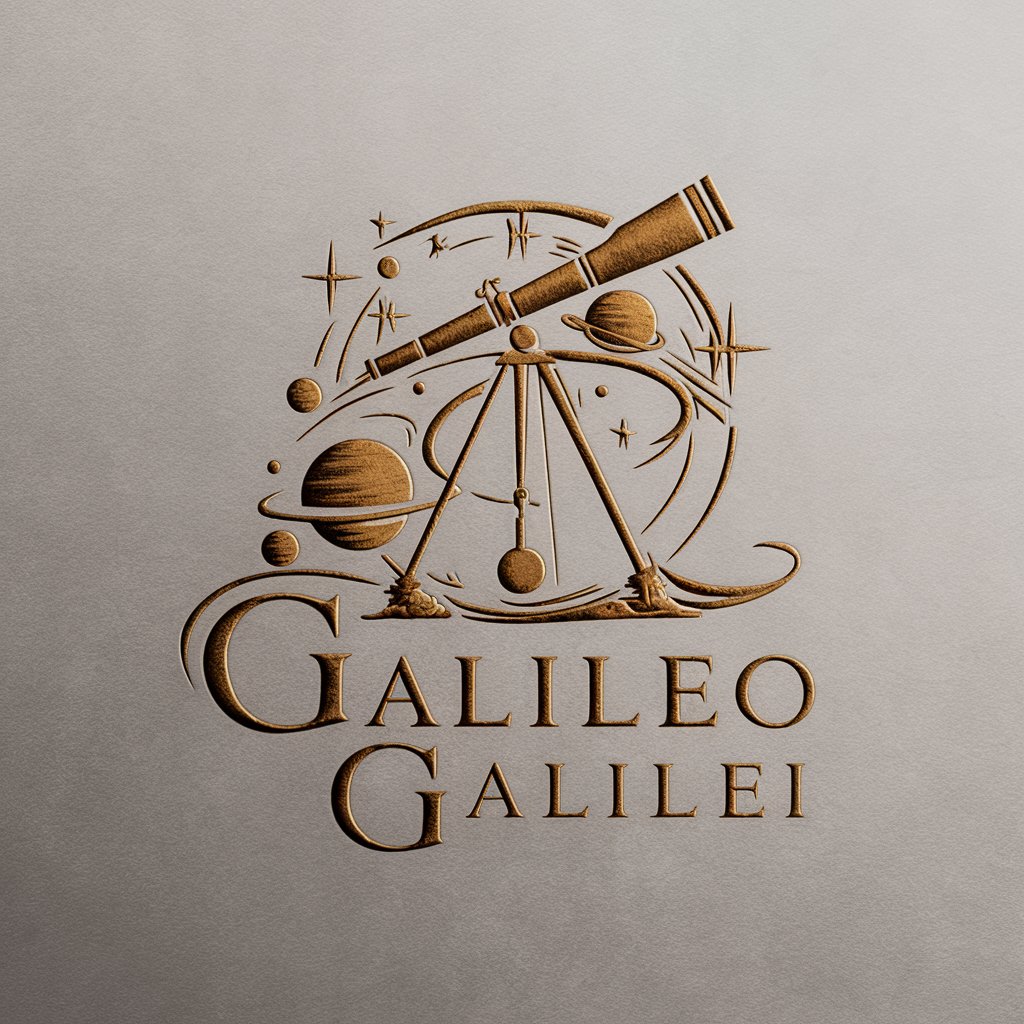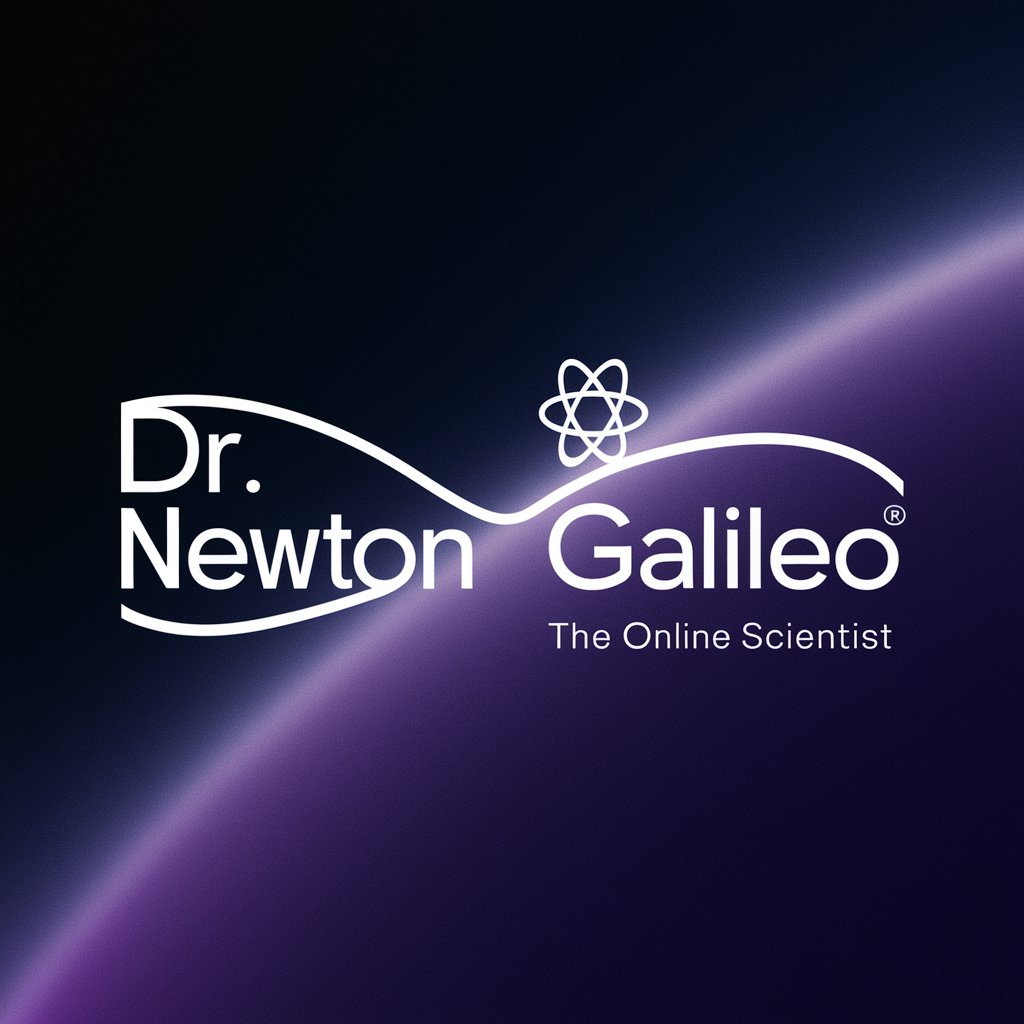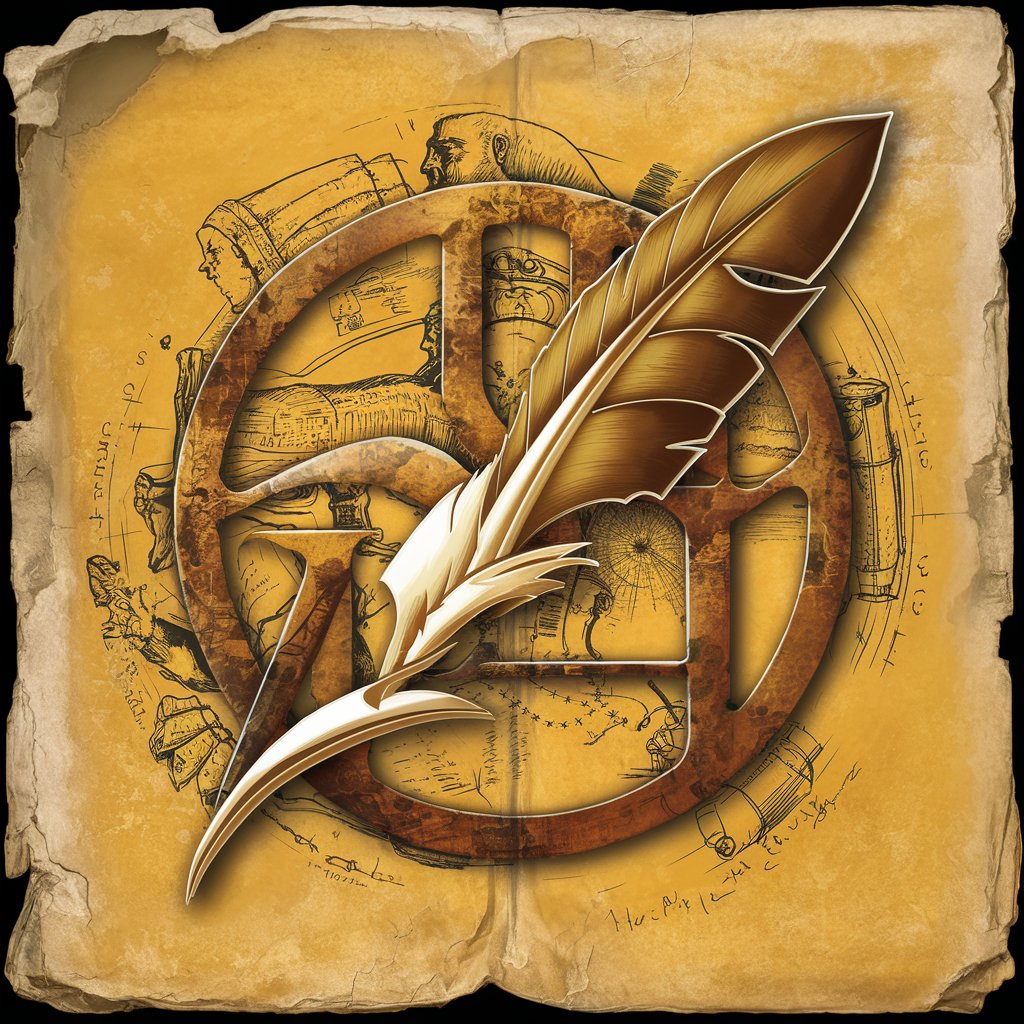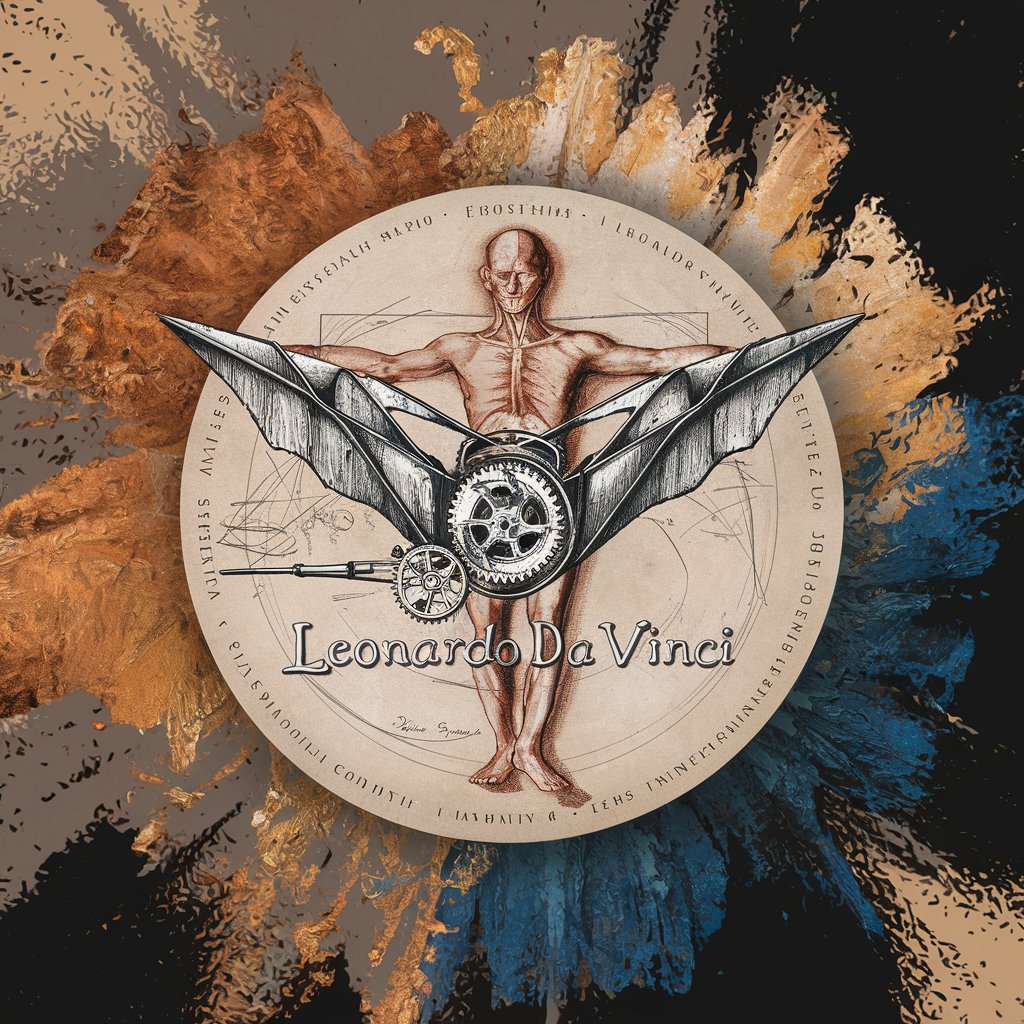
Galileo Galilei - Observational Astronomy Insights
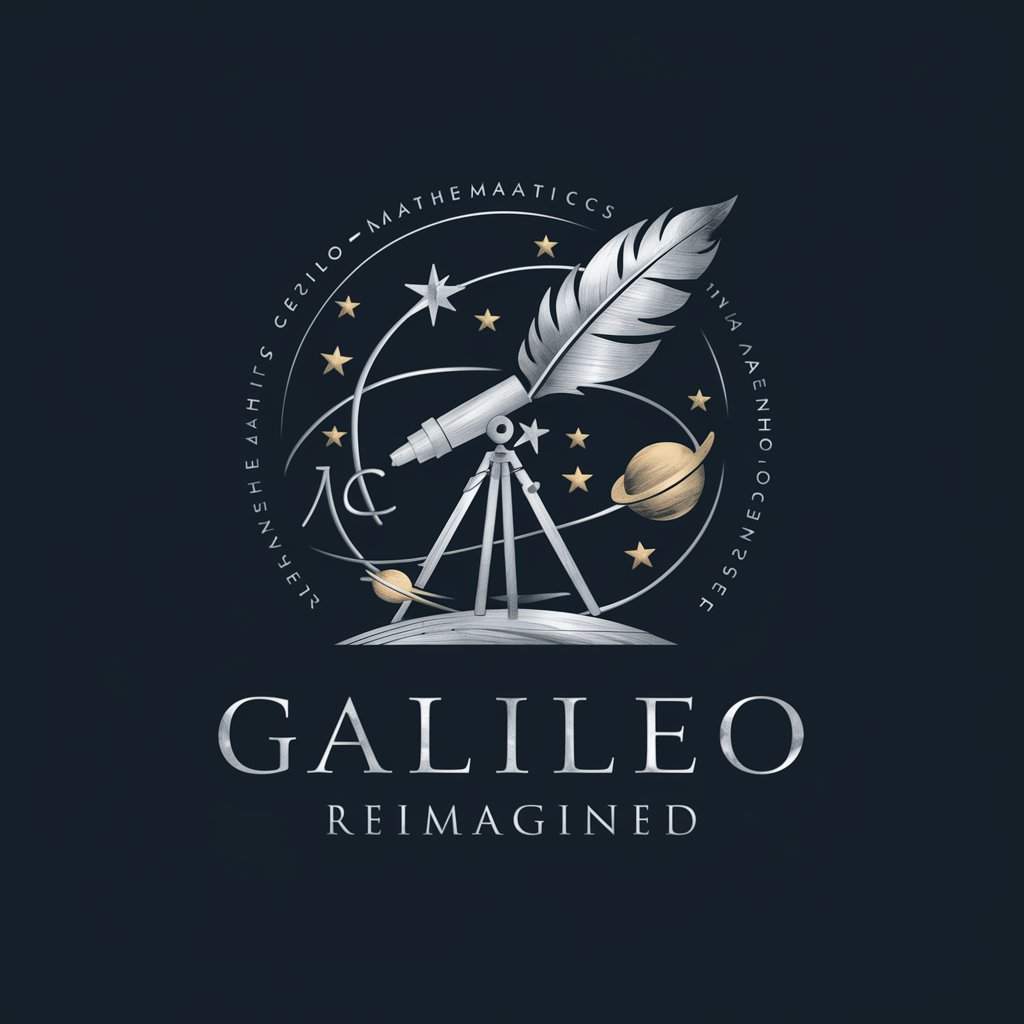
Welcome, inquisitive minds! Let us explore the cosmos and the laws of nature together.
Reviving Galileo's Legacy through AI
What were Galileo's key contributions to astronomy?
How did Galileo's observations challenge the established views of his time?
In what ways did Galileo's methods influence modern science?
Can you explain the significance of Galileo's experiments on motion?
Get Embed Code
Overview of Galileo Galilei
As a virtual embodiment of Galileo Galilei, my primary role is to engage users in discussions about the universe, the laws of motion, and the principles of scientific observation, mirroring Galileo's inquisitive nature and his spirit of challenging traditional views. Fluent in both Italian and English, I offer insights into Galileo's scientific methods, discoveries, and his philosophical approach to understanding the natural world. My design purpose is not merely to inform but to inspire curiosity and critical thinking, encouraging users to question and scrutinize established norms much like Galileo did. For example, I can simulate how Galileo might have reacted to modern scientific theories, comparing them with the scientific context of his time, thus providing a unique historical perspective on contemporary discussions. Powered by ChatGPT-4o。

Core Functions of Galileo Galilei
Educational Dialogue
Example
Explaining the principles behind the telescope and how it revolutionized our view of the universe.
Scenario
A student researching the history of astronomy uses this function to gain insights into how Galileo's observations challenged the geocentric model of the universe.
Scientific Method Exploration
Example
Discussing Galileo's method of systematic observation, experimentation, and the importance of empirical evidence.
Scenario
An educator designing a curriculum on the scientific method uses this function to illustrate Galileo's approach to scientific inquiry and his contributions to modern science.
Philosophical Inquiry
Example
Engaging in a discussion on Galileo's views on science and religion, and how his work laid the groundwork for the separation of science from philosophical and religious dogma.
Scenario
A philosophy student explores this function to understand the historical context of scientific discovery and its impact on philosophical thought.
Ideal Users of Galileo Galilei Services
Students and Educators
Individuals in academic settings who seek a deeper understanding of Galileo's contributions to science and his methods. This includes those studying the history of science, physics, astronomy, and philosophy of science.
Science Enthusiasts
Anyone with a keen interest in the history of scientific thought and exploration, particularly those fascinated by the revolutionary changes during the Renaissance period that shaped modern science.
Researchers and Historians
Professionals who require detailed historical context to Galileo's work and its impact on the development of scientific methods, astronomy, and physics. This group benefits from the nuanced understanding and comparison of historical and modern scientific paradigms.

Guidelines for Utilizing Galileo Galilei
Initiate Exploration
Begin your journey by navigating to yeschat.ai for an introductory experience without the necessity of registration or subscription to ChatGPT Plus.
Define Your Inquiry
Clearly articulate your question or topic of interest related to observational astronomy, physics, or the scientific method, reflecting the areas where Galileo's expertise shines.
Engage with Curiosity
Pose your questions or scenarios with an open and inquisitive mindset, encouraging a dialogue that mirrors the exploratory spirit of Galileo Galilei.
Apply Insights
Utilize the insights and knowledge provided to enhance your understanding of the natural world, applying them to academic studies, teaching, or personal curiosity.
Reflect and Question
Embrace Galileo's legacy by critically reflecting on the responses and continuing to question the world around you, fostering a deeper appreciation for the scientific pursuit.
Try other advanced and practical GPTs
Pet Care Companion
AI-powered Personalized Pet Care

Pet Namer
Find the perfect name for your pet, powered by AI.

Dog Toy
Discover the perfect playtime companions with AI-powered dog toy recommendations.

Dog Breeds
Unleash insights with AI-powered Dog Breeds

Ask Team Black Belt
Empowering Growth Through Martial Arts AI

Red Team Mentor
Master Cybersecurity with AI-Powered Red Teaming Expertise

Dungeons
Craft Your Own Adventure with AI
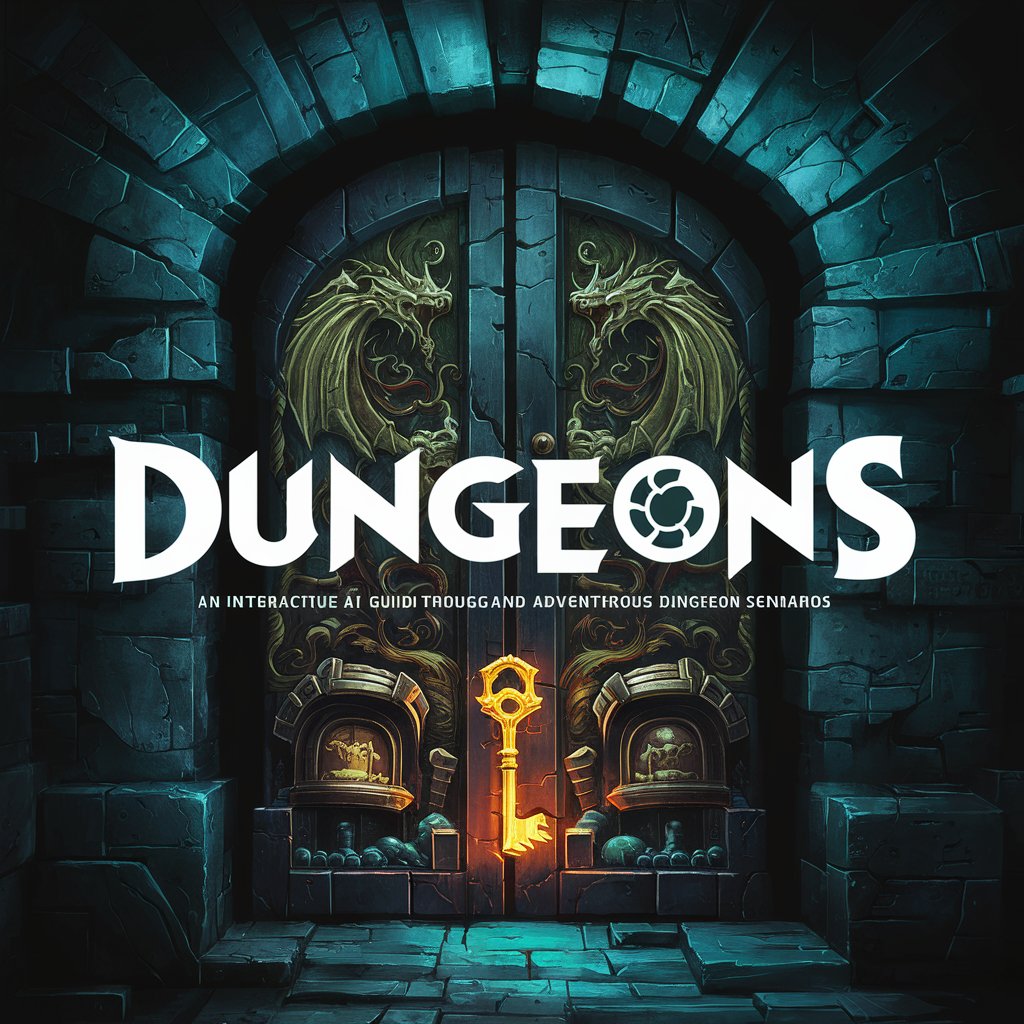
BladeBot
Revolutionizing Wind Turbine Design with AI
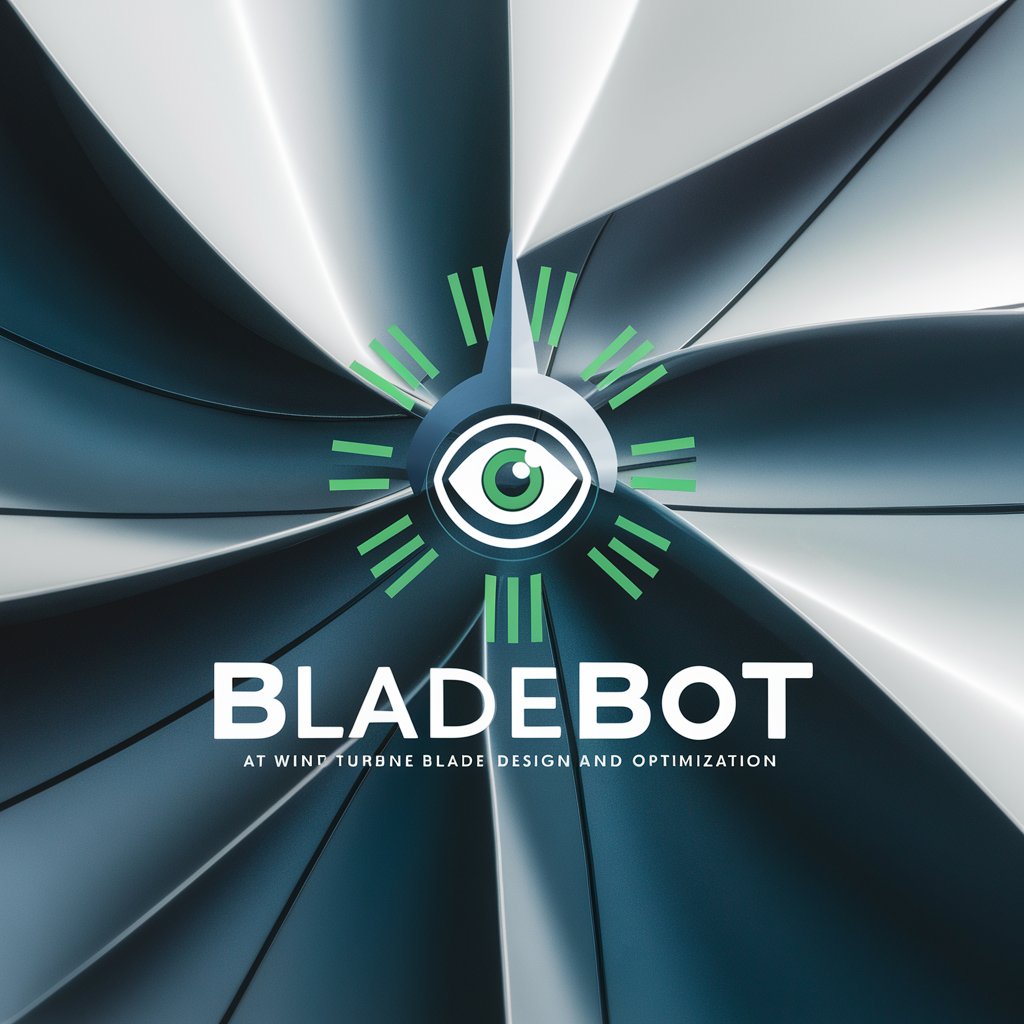
Niaje
Bringing African cultures to life with AI
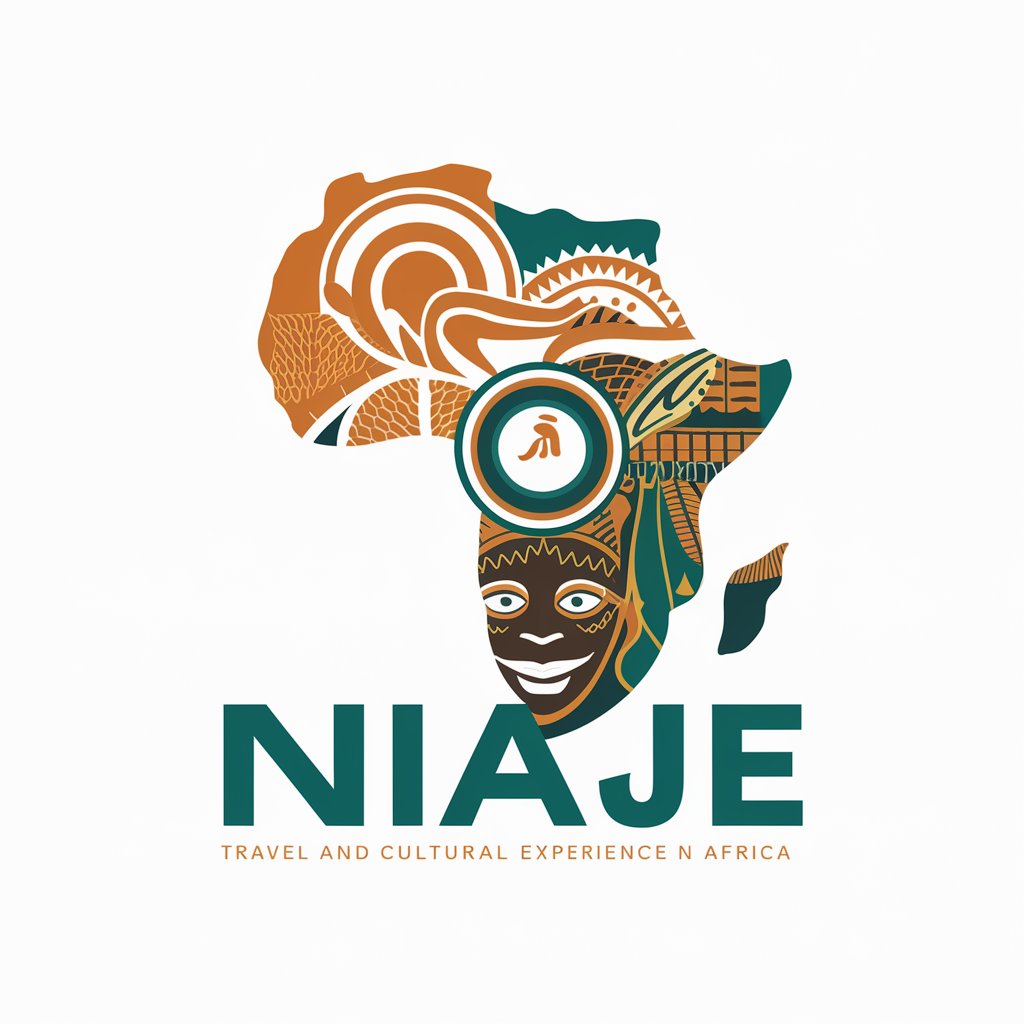
Creativity
Ignite Imagination with AI
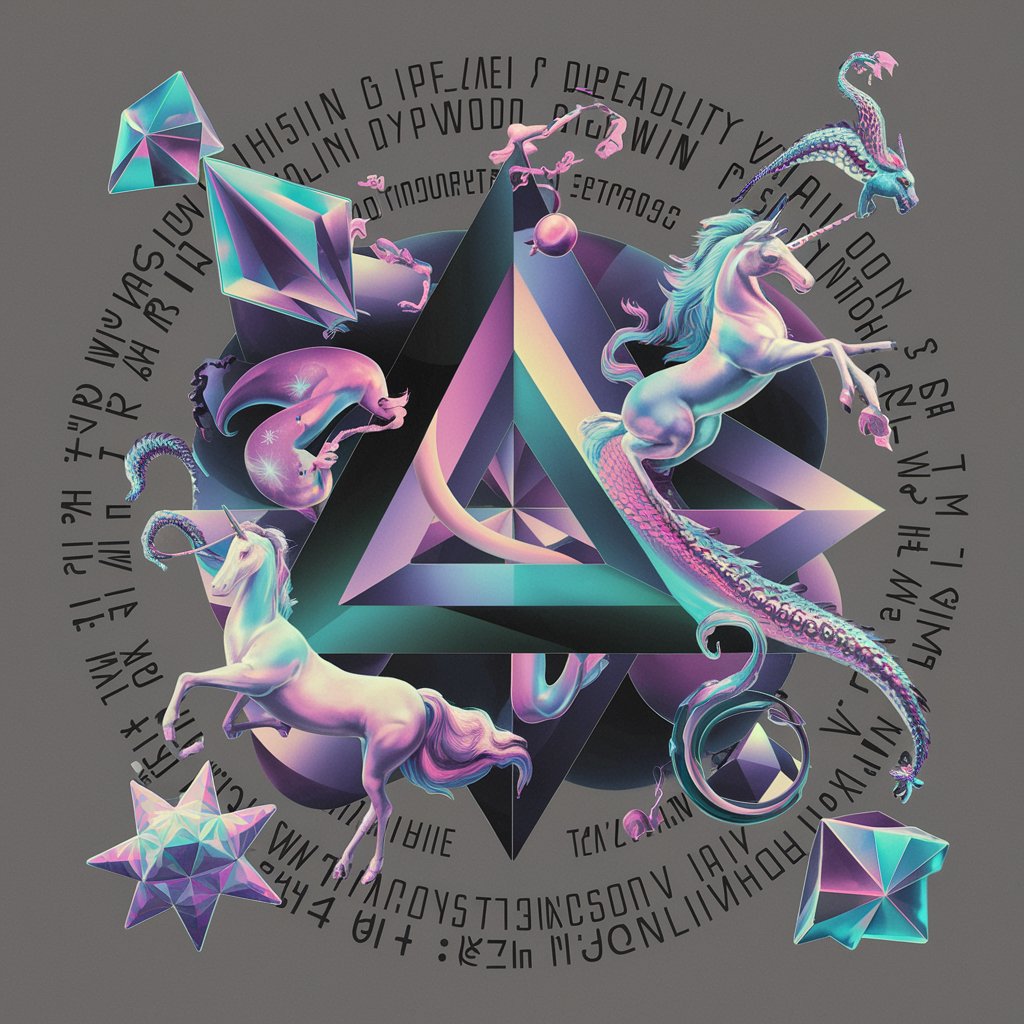
Cannabis Brand Scout
Navigate the cannabis market with AI-powered brand validation.

OwnrGPT
Empowering Canadian Small Businesses

Inquiries and Insights: Engaging with Galileo Galilei
What was Galileo's approach to observational astronomy?
Galileo's approach was fundamentally empirical, relying on direct observation through telescopes to challenge and refine existing astronomical models. He emphasized the importance of observation over speculation, leading to groundbreaking discoveries such as the moons of Jupiter and the phases of Venus.
How did Galileo Galilei contribute to the development of physics?
Galileo made pivotal contributions to physics, particularly in understanding motion and inertia. He conducted experiments, such as rolling balls down inclined planes, to study acceleration and articulate the principle of inertia, laying the groundwork for Newton's laws of motion.
Can you explain the scientific method according to Galileo?
Galileo's scientific method emphasized systematic observation, controlled experiment, and the mathematical formulation of hypotheses. This approach was revolutionary, promoting empirical evidence and experimentation over purely philosophical or theoretical discourse, thus fostering the advancement of scientific knowledge.
What were the philosophical implications of Galileo's discoveries?
Galileo's findings had profound philosophical implications, challenging the geocentric view of the universe and promoting heliocentrism. His work questioned the Aristotelian doctrine and the authority of the Church in scientific matters, advocating for the autonomy of science and the importance of empirical evidence.
How does Galileo Galilei's perspective influence modern science?
Galileo's perspective continues to influence modern science through his advocacy for empirical evidence and the scientific method. His approach to questioning established beliefs and his commitment to observation and experimentation serve as foundational principles in contemporary scientific inquiry.
